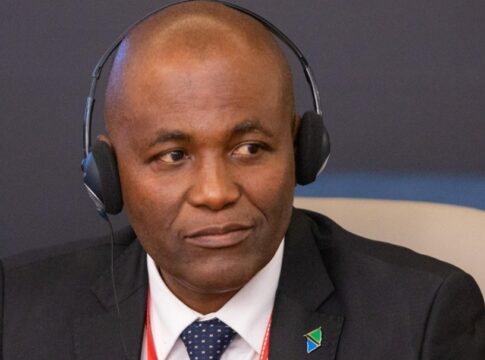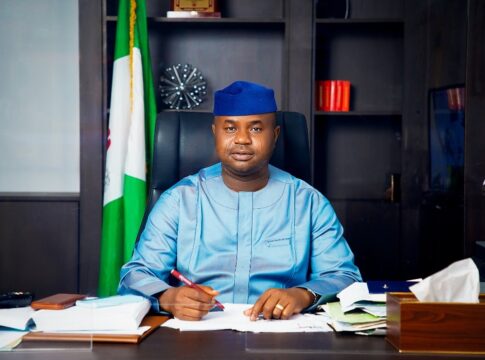Dr. Faustine Ndugulile, the incoming regional director for the World Health Organization (WHO) in Africa, has died at the age of 55, just three months after his historic election. The Tanzanian lawmaker and public health advocate passed away in India on Wednesday, where he was receiving medical treatment.
Ndugulile, known for his bold stance against COVID-19 skepticism under former President John Magufuli, was set to take office in February 2025, succeeding Dr. Matshidiso Moeti, who completed two five-year terms. WHO Director-General Tedros Adhanom Ghebreyesus expressed his grief, saying, “I am shocked and deeply saddened by this tragic loss.”
Tanzania’s President Samia Suluhu Hassan joined in mourning, offering heartfelt condolences to Ndugulile’s family and the nation. Details of his illness remain undisclosed.
READ MORE: Okpebholo Sets Up 14-Member Panel to Verify Edo’s Assets, Probe Obaseki
Ndugulile’s career was marked by a fearless commitment to public health. As deputy health minister during Tanzania’s controversial COVID-19 response in 2020, he clashed with Magufuli over unscientific practices. While the president promoted traditional remedies and denied the virus’s severity, Ndugulile advocated mask-wearing and warned against unproven treatments, earning both admiration and dismissal from his role.
“He stood for what was right, even when it was difficult,” said Dr. Moeti, calling his death an “immense loss” for Africa.
Before politics, Ndugulile’s contributions were rooted in healthcare. He spearheaded Tanzania’s National Blood Transfusion Services in 2006 and worked with the US Centers for Disease Control and Prevention (CDC) in South Africa. Elected to parliament in 2010, he later served as communications minister and a vocal advocate for health reforms.
In his August acceptance speech as WHO regional director-elect, he vowed to prioritise Africa’s health challenges. “Together, we can build a healthier Africa,” he had said.
His death, the first of a WHO regional director-elect before assuming office, leaves a gap in leadership. The process of electing a successor is expected to be lengthy.




